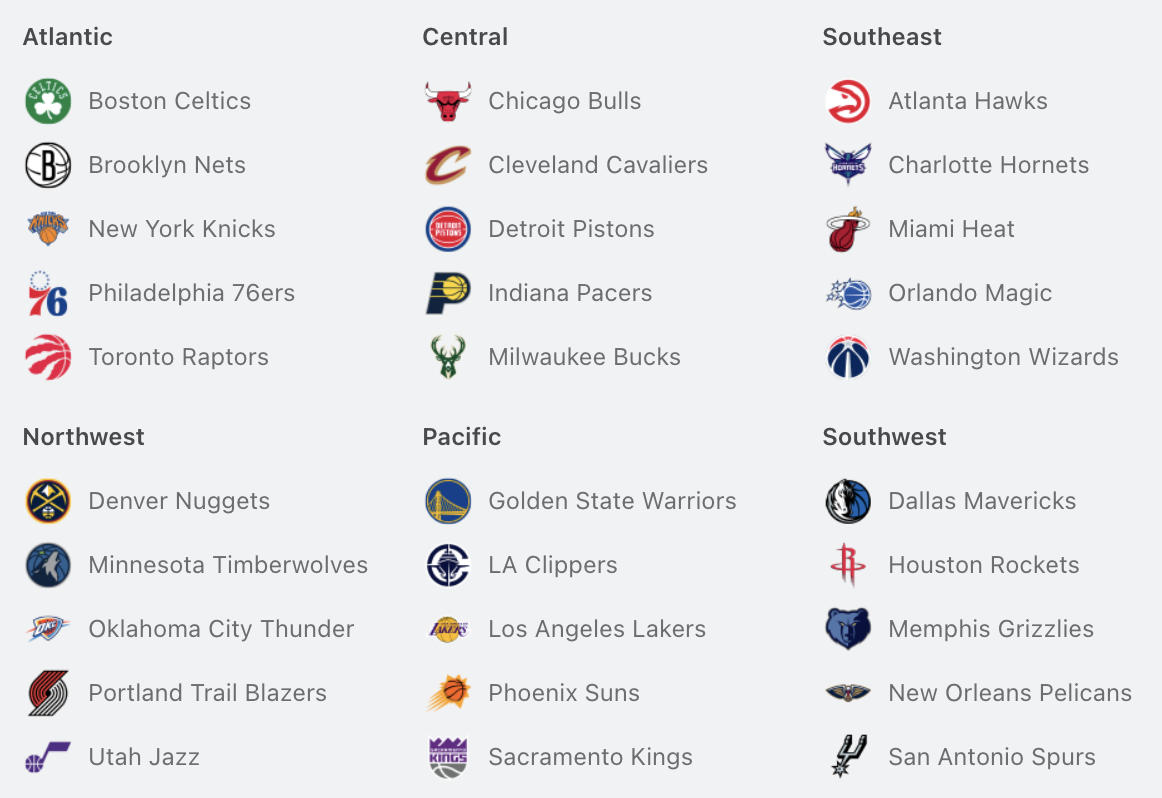By Nicholas Proch
The perpetual tug of war, which we now know as democracy, needs to find a balance. The current system is teetering over the line and someone needs to speak up before one side loses its grip.
Our media is very pervasive. They find a way into our homes in a variety of ways, in the mail, on television, over radio and on our computer screens. This is especially noticeable during election season.
As you drive down your block you can expect to see sign after sign pertaining to a candidate. There comes a certain point when you stop paying attention to those signs. Your brain will eventually shut them out. There are too many. It’s an over-saturation.
The same can be applied to the Linda McMahon flyers you got in the mail, the Tom Foley television ads and the Dannel Malloy billboards. You stopped looking.
There’s another GOP debate this week. Don’t worry if you have plans and can’t watch it, in two short weeks there’ll be one more. Followed by one, on average, every ten days until March, when the Republican Party will announce their candidate for the presidential election next November.
The media has taken all motivation out of the viewer to tune in and watch. Why would someone make their schedule around these debates when they know they can catch the next one in two weeks? They don’t. They won’t.
This is the tug of war that the politicians and the media are having. It started as a fine idea. Why wouldn’t the Parties want more coverage? For their own benefit that only makes sense. What they didn’t want was an over load of information. So much so, that the messages aren’t remembered after the next debate.
You can ask the most astute political junkie what answers Rick Perry gave to questions posed on September 7, and they would most certainly confuse that debate with the other four he’s participated in since then. The answers are muddled together. This weakens the quality and general intent of the debate completely.
The famed 1960 debates between Nixon and Kennedy are remembered for a reason. There were four of them. They may have been the deciding factor in that general election. If there had been a dozen meetings between the two of them, it would have watered down the meaning. There wasn’t. Debates were rare at that time.
Today, debates are plentiful. They can be found on your television set like clockwork. They can be found as easily as a potato in your local market. Some of us need to fill up our gas tanks at a lower frequency than we see a debate during this season.
It’s unfortunate because these public dialogues could be very beneficial to the general population. They should be able to use them to make informed decisions when they go to the polls, but they’re now missed.
We’re playing with fire. Voter turnout is a telling number, but it doesn’t tell the real story. What will be the percentage of people who come out a year from now and make an informed judgment before they punch their ballot? Based upon the amount of information that is available, the potential is very high.
We don’t live in a world based on potential. Ryan Leaf had the potential to be the best quarterback the NFL had ever seen. Obama had the potential to turn this country around. The Tucker Car Corporation, Polaroid and the Titanic all had potential and failed.
There will be a point when these debates mean nothing. At that point the media will have won the battle against the politicians. They should be working together to make the most of each debate and not let them get lost with all the other aspects of campaigning which we’ve tuned out.


